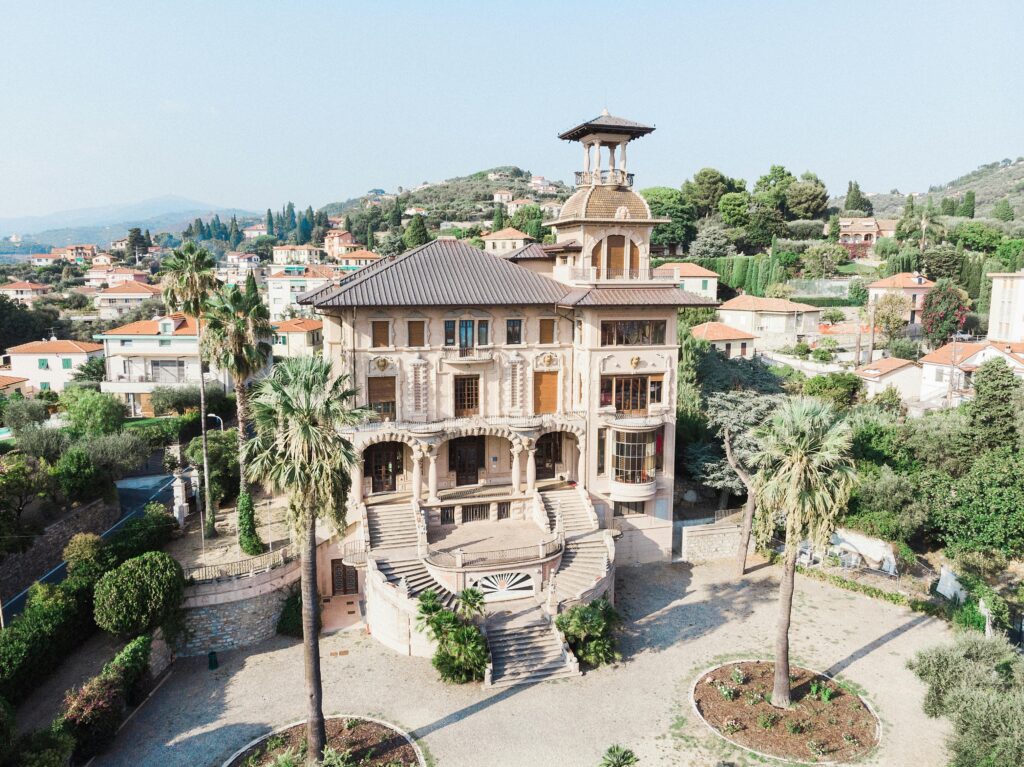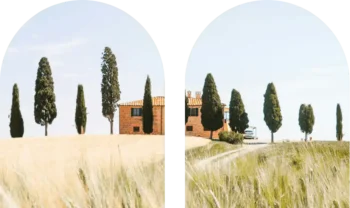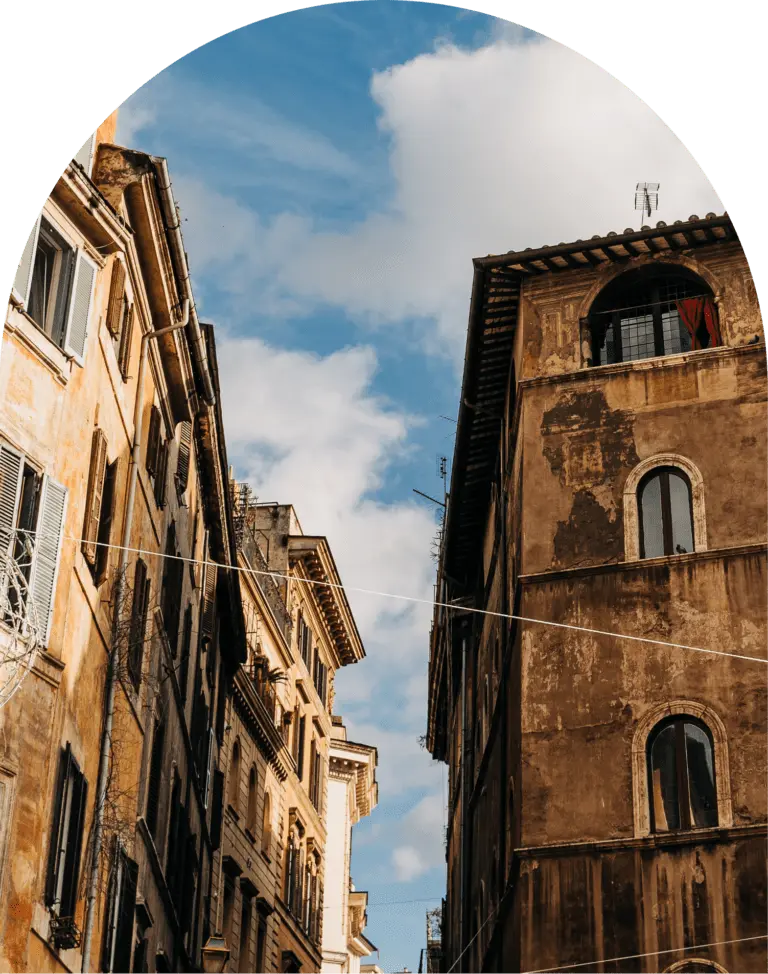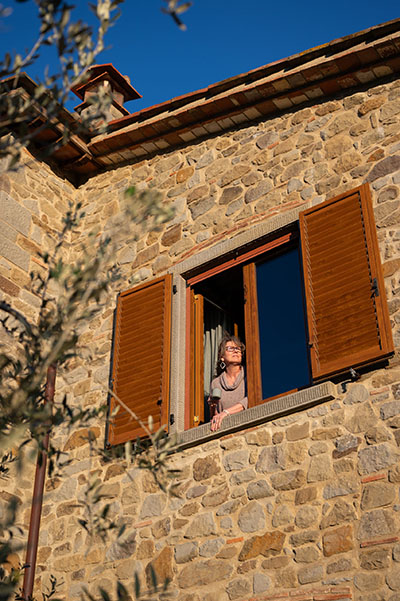If you have a higher budget and your home search is within the luxury market, it’s important to be aware of taxes on luxury properties in Italy. The tax implications of purchasing a luxury Italian home (what Italian law refers to as ‘Abitazione di Lusso’) differ from those of other residential properties.
WHAT QUALIFIES AS A LUXURY HOME IN ITALY
The Italian Revenue Service (Agenzia Delle Entrate), and more specifically, the Catasto office, is the Italian authority determining whether your home is a luxury property. Luxury properties fall under the cadastral categories of A/1 (Abitazioni di Tipo Signorile), A/8 (Abitazioni in Ville) and A/9 (Castelli & Palazzi).
Elements that qualify a single-family home as di lusso include (i) its prime location, (ii) the lot size, and (iii) the presence of a large swimming pool, among other things. On the other hand, for a condo to be considered di lusso, its dimension should surpass 240 sq. m. Regardless of the property’s physical features, you should be able to confirm its cadastral category—and, therefore, its classification—by consulting property documents held at the Agenzia delle Entrate.
TAX IMPLICATIONS OF PURCHASING A LUXURY HOME IN ITALY
Luxury homes do not benefit from the tax incentives applied to other categories of residential property. The purchase of luxury real estate may be subject to two different tax regimes: the ‘esente IVA’ and the ‘soggetto ad IVA’. The following two sections will include various Italian tax names, which are usually referred to as either imposte, tributi or simply tasse. While the names change, the substance does not: taxes must be paid.
ESENTE IVA (VAT Exempt)
Most real estate acquisitions by private individuals fall under this category. No IVA (VAT) is applied to this transaction, but the applicable Imposta di Registro tax rate is higher.
- Imposta di Registro: 9% of cadastral value, with a minimum due of €1,000. If you are unsure about the meaning of cadastral value, you may consult our previous article on Italian property taxes.
- Imposta Catastale: €50
- Imposta Ipotecaria: €50
SOGGETTO AD IVA (Subject to VAT)
This tax regime only applies if an individual purchases a home from a construction company within five years of construction or completion of a major renovation.
- IVA of 22% of purchase value
- Imposta di Registro: €200
- Imposta Catastale: €200
- Imposta Ipotecaria: €200
- Imposta di bollo: €230
- Tributi speciali catastali + tasse ipotecarie: €90
The lower tax rate (9% v. 22%) and the fact that cadastral value is usually much lower than market value means it is significantly cheaper to purchase a property from a private seller than the developer.
To prospective buyers who are shocked by the 9% tax rate, we would like to stress that cadastral (tax) values are significantly lower than market values. Luxury homes are a small subset of the overall Italian real estate market, and those who are looking to move their fiscal residence to their new Italian home not classified as di lusso will pay lower taxes on acquisition.
TAX IMPLICATIONS OF OWNING A LUXURY HOME IN ITALY
There are two types of Italian real estate taxes: IMU and TARI, with the former being the more significant. Luxury Italian homes do not benefit from the same IMU tax exemption that is awarded to other primary residences in Italy.
- IMU is calculated as a percentage of the ‘cadastral value’ of your home. The standard tax rate for luxury homes is set at 0,86%, and can be raised to no more than 1,06% by the local municipality. In the case of a primary residence (Abitazione Principale) the default tax rate is 0.50%, and can be raised to no more than 0.6%.
- TARI, on the other hand, is a smaller tax that sanctions a household’s ability to produce waste. It is proportional to the property’s size and number of residents. It usually ranges between €150 and €500.
In certain areas, local authorities may apply additional property taxes. These are generally limited in scope and lower than TARI.
The purchase of a home is often a process which transcends numbers and financial considerations. You may start with a budget and an idea of what you want and then fall in love with a place you would never have considered before. While anything is possible when you venture into a foreign country in search of the perfect home, Dolce Living is here to ensure that you are well-informed in your next steps and your new home only provides pleasant surprises.








